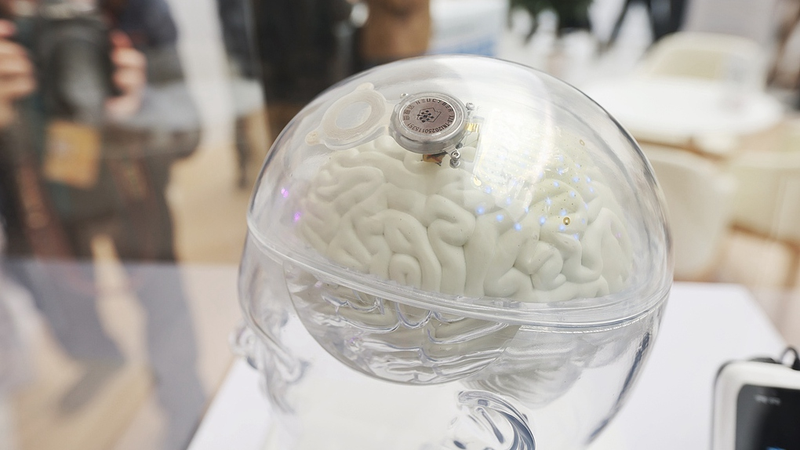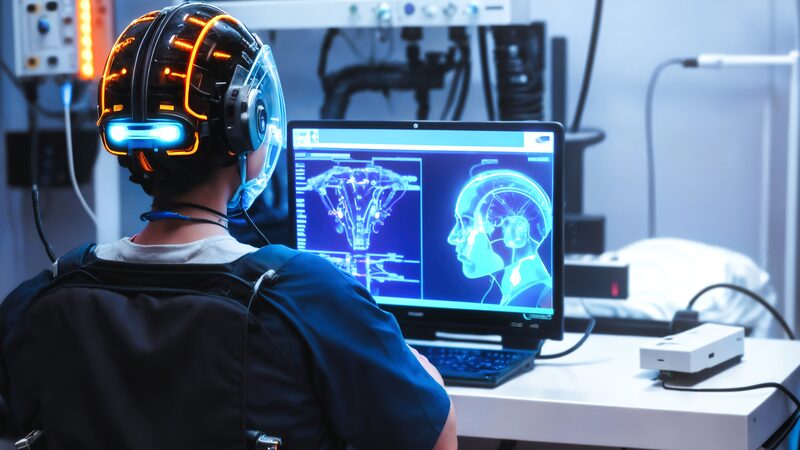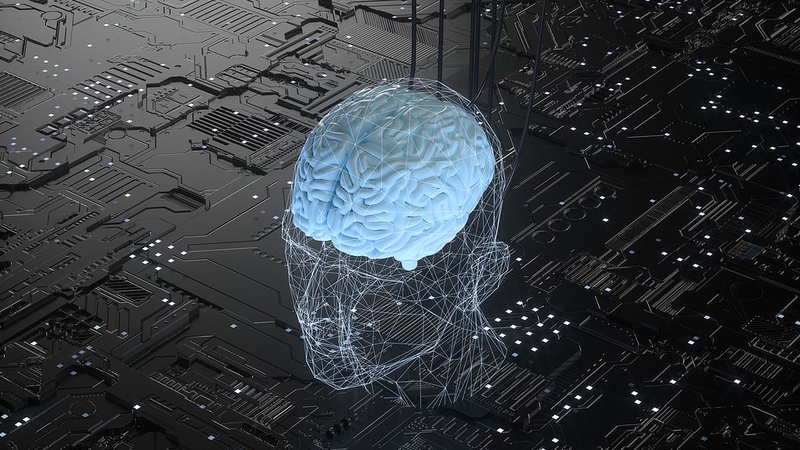China's strides in brain-computer interface (BCI) technology and policy frameworks captured global attention at the 2025 Zhongguancun Forum (ZGC Forum), spotlighting cutting-edge medical breakthroughs and regulatory advancements.
Policy Push for Neurotech Growth
Du Guangda, Deputy Director General of the Science and Technology Department at the Ministry of Industry and Information Technology, emphasized the role of artificial intelligence in accelerating BCI development. The ministry aims to strengthen industry guidelines and cross-departmental collaboration to streamline goals for this emerging sector.
Medical Milestones with Beinao-1
Three Beijing hospitals demonstrated BCI's transformative potential using China's domestically developed Beinao-1 system. At Beijing Tiantan Hospital, a stroke patient controlled a robotic arm via thought after just one week. Xuanwu Hospital reported a breakthrough where an ALS patient decoded over 60 Chinese characters using advanced electrodes. Meanwhile, Peking University First Hospital enabled a quadriplegic patient to grasp moving objects with a brain-controlled device.
Spinal Cord Innovation Unveiled
Fudan University's biomedical engineers revealed a pioneering three-in-one brain-spinal interface at a parallel forum. Four paraplegic patients regained leg mobility within 24 hours of implantation, with some attempting to stand within 10 days post-surgery—a landmark achievement in neural rehabilitation.
From enhanced regulatory pathways to life-changing clinical applications, the ZGC Forum positions China's BCI ecosystem at the forefront of neurotechnology innovation.
Reference(s):
China advances BCI research and policy at Zhongguancun Forum
cgtn.com








